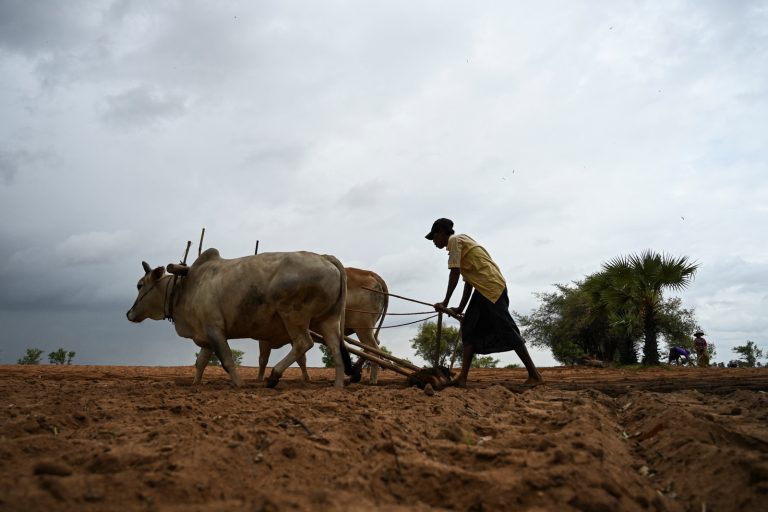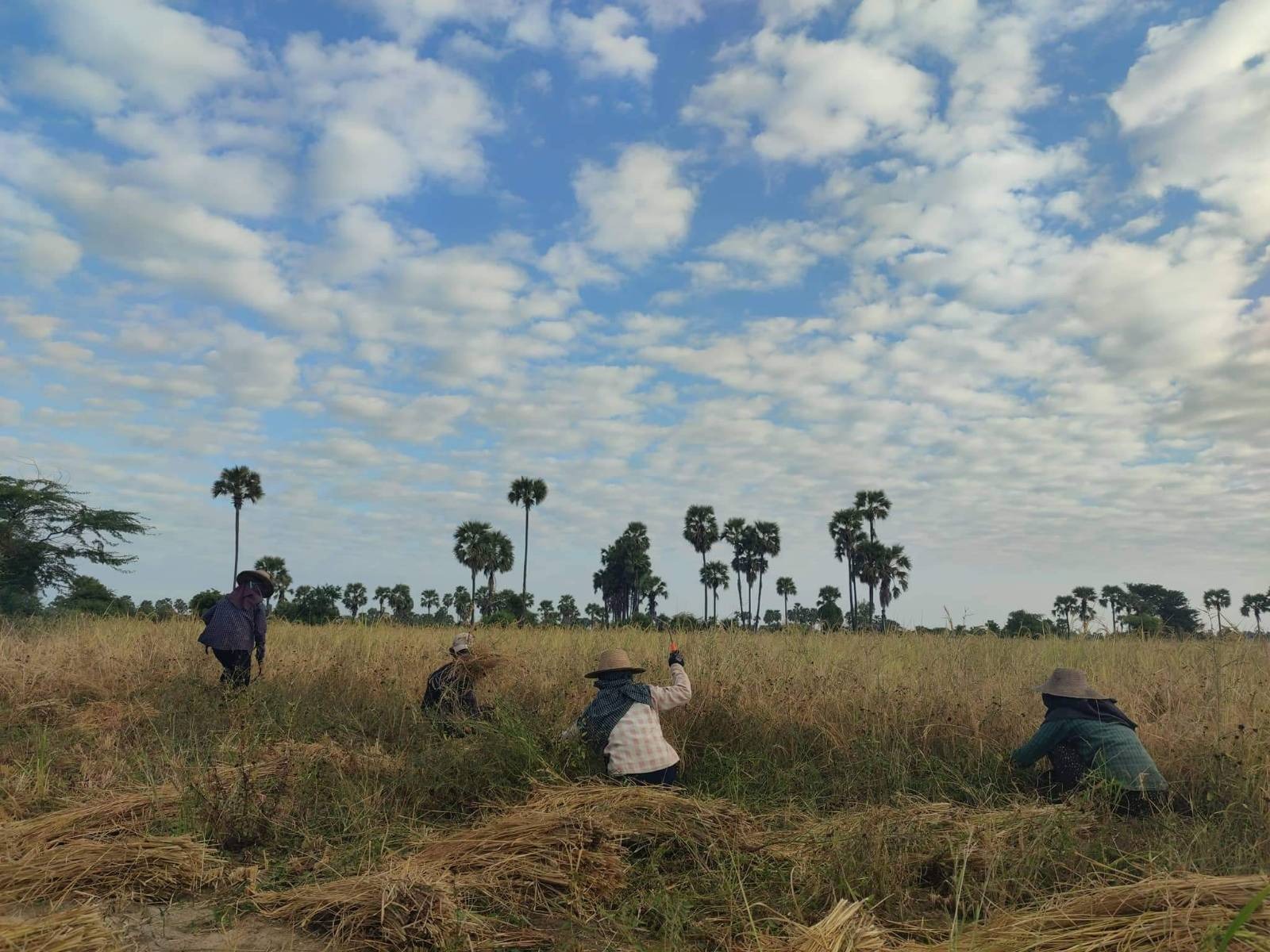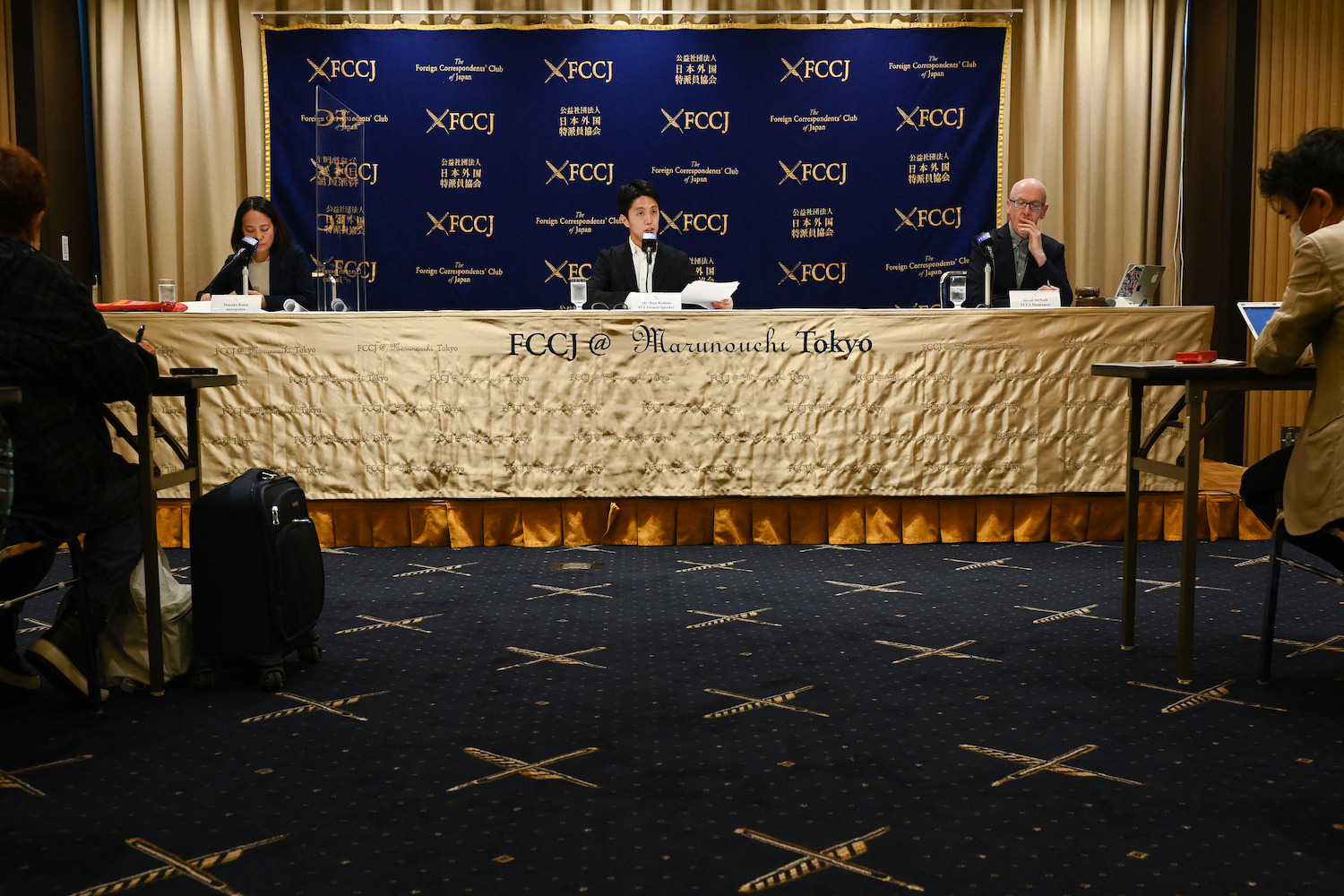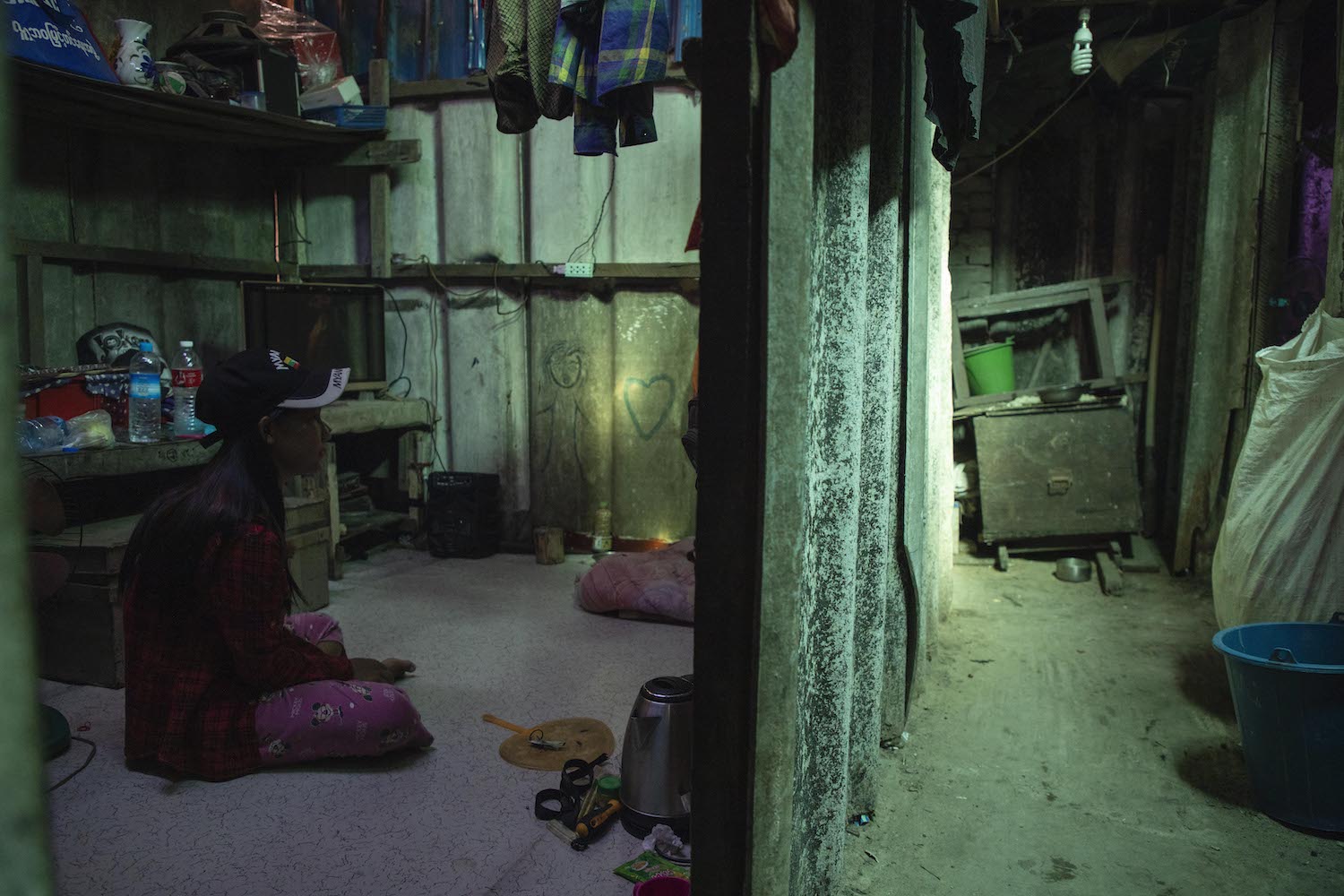By SEAN GLEESON | FRONTIER
YANGON — Nearly 200 local civil society groups have jointly urged the International Finance Corporation to refuse investment in the expansion of a Mandalay Region cement plant by one of the country’s largest construction firms.
The IFC, a World Bank subsidiary, is considering a $15 million equity injection and $20 million loan for an expansion of the Shwe Taung Cement Factory in Thazi, 20 kilometres east of Meiktila.
In a statement released Thursday, 174 civil society groups called on the IFC to reject the investment, citing the World Bank’s March 2016 pledge to withhold financial support for coal projects.
“As the World Bank has pledged not to finance coal power plants in Myanmar due to their devastating environmental, health and climate impacts, it is not clear why the IFC is considering funding this project,” the statement read.
Support more independent journalism like this. Sign up to be a Frontier member.
IFC country manager for Myanmar Mr Vikram Kumar told Frontier that many of the claims in the statement were inaccurate and he was disappointed that the civil society groups had not contacted the IFC before issuing the statement.
The IFC “stands behind its due diligence on the project”, he said, adding that the cement plant was “state of the art” and necessary for economic development.
“We feel somewhat disappointed that there is a view that we should not be financing cement projects. We fundamentally believe the cement sector to be critical for Myanmar in the next few years,” he said.
Kumar also defended the use of coal to fuel the factory’s kilns, saying it was the only fuel option available. He noted that World Bank Group policies only restrict investment in coal plants supplying the grid.
“Our policy does not restrict us from supporting coal for industrial uses, such as this cement project,” he said.
“The company has committed to using the best available technology, in all aspects.”
Although an IFC board decision on the project was anticipated for June 8, it had been pushed back pending further negotiations, he added.
The $110 million expansion would more than double the facility’s cement milling capacity from 2,800 to 7,200 tonnes per day, and includes plans for the expansion of an adjacent limestone quarry and a 15 square kilometre coal mine in Sagaing Region.
Thursday’s statement said the proposal fell short of a number of the IFC’s investment benchmarks, citing a number of land disputes since the plant was built in 2010 and the use of “judicial harassment” against farmers who had complained about the destruction of land and the ecological impact of the facility.
The statement also claimed that environmental impact consultations had been “farcical”, with the factory’s representatives offering only minimal engagement to the project’s neighbours.
“Some villagers reported a five-minute question and answer session” when public consultations were held on the expansion proposal, the statement said. “This undercuts the Shwe Taung Group’s and the IFC’s social license to operate.”
Kumar described the allegations as “grossly inaccurate”. He said the environmental and social impact assessment, conducted by a reputable foreign consultant, ERM, together with an environmental NGO, took six months to complete and featured extensive consultations. The IFC also did its own assessment of the project.
“Contrary to what was stated, without exception, all interviewed villagers indicated support for the project and appreciation for [the] community outreach activities by the company.”
Shwe Taung Group, founded as the Olympic Construction Company in 1990 by former banking magnate Aik Htun, is one of Myanmar’s premier construction firms. Its high-end commercial developments include the responsible for a suite of commercial properties including the Junction mall centres in Yangon and Nay Pyi Taw, as well as a series of hydropower projects across the country.
Aik Htun was a director of the Asia Wealth Bank, for a time the country’s largest private banking institution, which folded in the wake of the 2003 banking crash amid allegations by the United States Treasury of money laundering and ties to the narcotics trade.
In recent years, Shwe Taung Group has assiduously courted partnerships with western investors as it expands its commercial real estate holdings, most recently with the opening of the Junction City mall opposite downtown Yangon’s Bogyoke Market.
At the launch of a business software licensing partnership with Microsoft in 2015, Aik Htun told reporters he had stepped down from everyday management of the company. He remains listed as chairman on the group’s website.
If the investment proceeds, the IFC would also be responsible for raising an additional $40 million in parallel loans and outside equity, with Shwe Taung Group to field the remaining $35 million.
Additional reporting by Thomas Kean.






